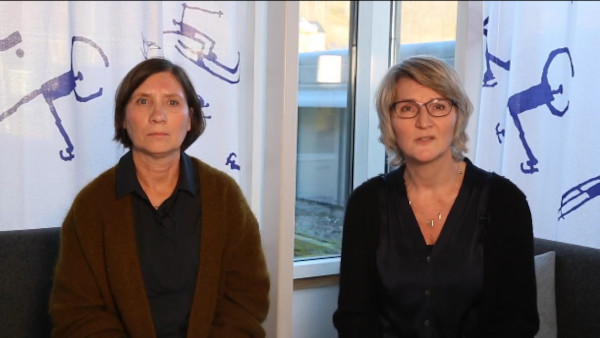When student-activating teaching conflict with students' desire for efficiency. A communication perspective on undergraduate students' media use
DOI:
https://doi.org/10.7577/seminar.4049Keywords:
Media, communication, higher education, student-activating, teaching, educational, frameworkAbstract
This article explores how students on a bachelor's course in Media Education understand the educational framework for teaching based on how they choose to participate in the teaching communication. The Norwegian Educational Quality Reform has promoted expectations of student-activating teaching methods to increase the scope of student-active learning. Digital technology was introduced in response to this challenge. Data was gathered through group interviews, a survey, and information from activity logs in the university college's learning platform. The article aims to shed light on what media practices the students consider as important and how their experiences correspond with the teachers' academic use of media. Students seem to prefer to study effectively, at the expense of activating teaching methods and of being active producers of learning. Although students are expected to be digitally competent, it should not be assumed that they master technology as expected in higher education. By drawing on Luhmann's communication theory the educational consequences of the students' media use in teaching and in independent study work is discussed.

Downloads
Published
How to Cite
Issue
Section
License
Copyright (c) 2020 Anne Mette Bjørgen, Yvonne Fritze

This work is licensed under a Creative Commons Attribution 4.0 International License.
Seminar.net is a fully open access journal, which means that all articles are available on the internet to all users immediately upon publication. Use and distribution in any medium is permitted, provided the author and the journal are properly credited. The journal allow reuse and remixing of content in accordance with a Creative Commons license CC-BY
- The journal allows the author(s) to hold the copyright without restrictions.
- The journal allows the author(s) to retain publishing rights without restrictions.
- Seminar.net does not charge authors for publishing with us.